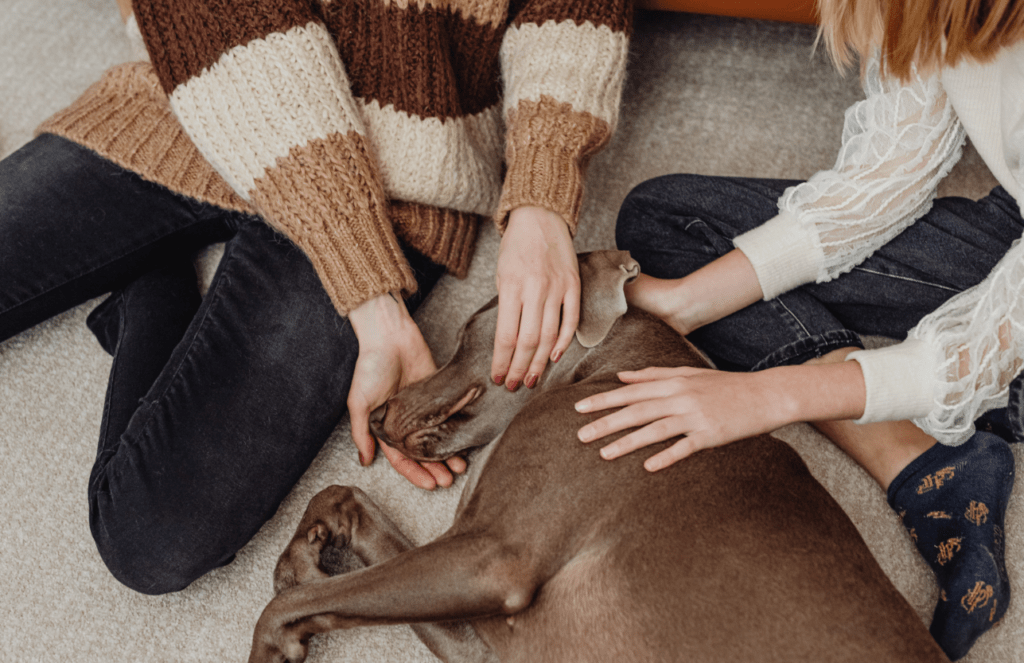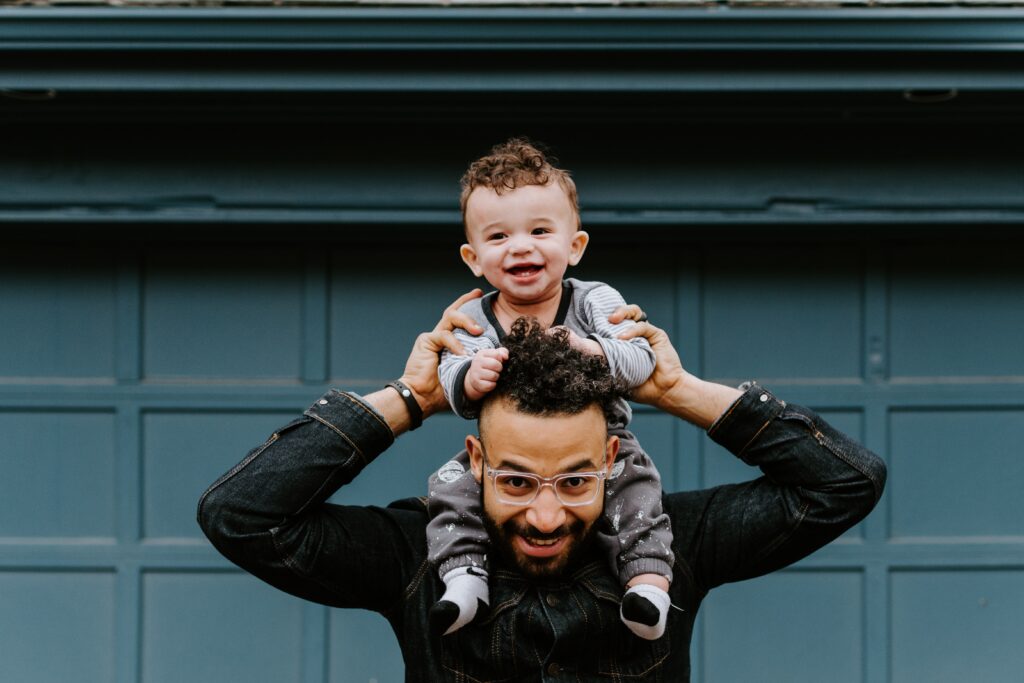Take a Time Out: How to survive relationship conflict without abandonment
Having the skills to stay engaged when relationship conflict arises can feel impossible. Sometimes, you wish you could push the eject button as soon as another argument begins. You find yourself remaining silent, or saying whatever you feel will “ease the tension,” even just for a moment. You feel desperate to quickly resolve the tension in whatever way you can.
Fight or Flight: To Enter Relationship Conflict or Flee
This cycle can ease the tension for a brief moment. You may feel a brief wave of relief. You were able to keep things from getting out of hand. However, that underlying unease you feel may remain.This may be a sense of internal guilt: a form of self-blame for feeling unable to express your needs. You may feel stuck inside your own head, knowing all the things you wish you could have said but somehow couldn’t find the words in the heat of conflict. This can lead to even greater frustration and a continued feeling of disconnection with your partner.
In moments of stress, you may experience a natural flight response pattern: a desire to withdraw and avoid.
When experiencing the stress of relationship conflict, our bodies are programmed to respond in one of two ways, which correlate with our need for survival: pursue or withdraw. These are natural tendencies when we feel we need to protect ourselves. Some try to overcome this stress by engaging with their partner in relationship conflict. Others engage in the pattern of withdrawal. The latter can lead to feeling trapped in the stress, which often produces a strong desire to avoid the source of conflict.
Relationship conflict can cause these patterns of stress response to arise because our brains register conflict as a threat to our social well-being. Many individuals have a tendency to desire to “escape” conflict because they struggle to process their thoughts when under emotional stress. This desire fuels acts of abandonment: pushing the source of conflict (often our partner) away to alleviate the stress.
Is Avoiding Conflict Always Bad?
In short, no. This escape pattern is not always bad. However, at times it can prevent us from expressing our own wants and needs. This can lead to a destructive cycle of guilt and frustration or, alternatively, anger and hopelessness. It doesn’t have to be this way.
You can learn a new way to manage conflict in your relationship, which will lead to greater connection.
How To Better Manage Relationship Conflict
Consider the following three steps to break the cycle of fight or flight and better manage your next relationship conflict.
1. Learn to notice your stress response
- The first step is to gain awareness. Specifically, aim to notice the ways you typically respond to conflict in your relationship. Do you tend to fight, flight, or freeze? Understanding your typical conflict stress response can be an invaluable tool to navigate conflict more effectively.
- Your stress response is likely a learned response that has helped you navigate difficult situations in the past. However, is it serving you in your current relationship?
- It is common for one partner to have a stress response of fighting and the other partner to have a stress response of avoidance. Understanding both your and your partner’s response to conflict can help you to learn to recognize when you are experiencing tension in your relationship and to remain engaged, rather than exacerbate or avoid the conflict.
2. Explore a phrase that can help to communicate your need to take a break
- The value of a phrase that both partners agree will pause an argument cannot be overstated.
- When one partner uses this phrase, it provides both individuals with the time and space to process what the conflict and identify their emotions.
- When they return, they will both be more capable to communicate their feelings and needs, without being overwhelmed by emotion in the moment.
- Remember, collaborate with your partner to select this phrase prior to arguing: in a conflict-free moment.
- Phrases such as, “I think I need a time out” or “Let’s take some space” can be easy phrases to help you and your partner pause and take a break.
3. Name a time and place to return to the conversation
- This step is essential. The key step to taking a pause from a relationship conflict is to first mutually agree upon a time and place to return.
- That way, both parties can rest assured that their partner is dedicated to resolving the issue. Neither has to worry that their partner is avoiding the conflict.
- Instead, both individuals can take time to emotionally self-regulate. Then, when they return to the argument, work toward a solution with more clarity and security.
- Thus, when asking for a pause, be as specific as possible in terms of the when and how of coming back together. You might try: ”let’s talk tonight right after dinner.” You may prefer: “How about we come back to this in 20 minutes after a mental break to process how we feel.” Both are excellent to give a specific timeframe to the pause.
- It is important to allow space for your partner to agree with the suggested time frame. Foster opportunity for them to offer an alternate suggestion and be open to compromising if needed.
The Benefits of Taking a Pause
Take a time out to slow down, refresh, and discern what you need in a moment of conflict.
Using these steps can create an important foundation to navigate stressful moments and conversations in your relationship. You can begin to express your true feelings while also considering your partner’s emotions and needs.
It can feel challenging to learn a new way of showing up when you notice tension rising in your relationship. It takes practice to pause in order to minimize feelings of tension with your partner. Over time, however, this practice will foster a new pattern. A pattern that minimizes unwanted conflict and tension, instead helping you move toward connection and resolution.
Therapy for Relationship Conflict
Pursuing therapy can be a key step to help you learn how to more effectively manage relationship conflict. In collaboration with your therapist, you can create a plan for how and when to pause an argument. The mental processing you make space for during this “time out,” in which you step away from the argument, will allow you to learn how to share your true feelings when you return to your partner.
Remember, you deserve this brief pause. It can help you find a sense of calm in order to think clearly about what you need from your partner. Over time, you will begin to learn how to think with greater clarity and therefore say the things that you know are important to you. This can help you increase your self-confidence and move toward the authentic connection that you have been seeking.




















